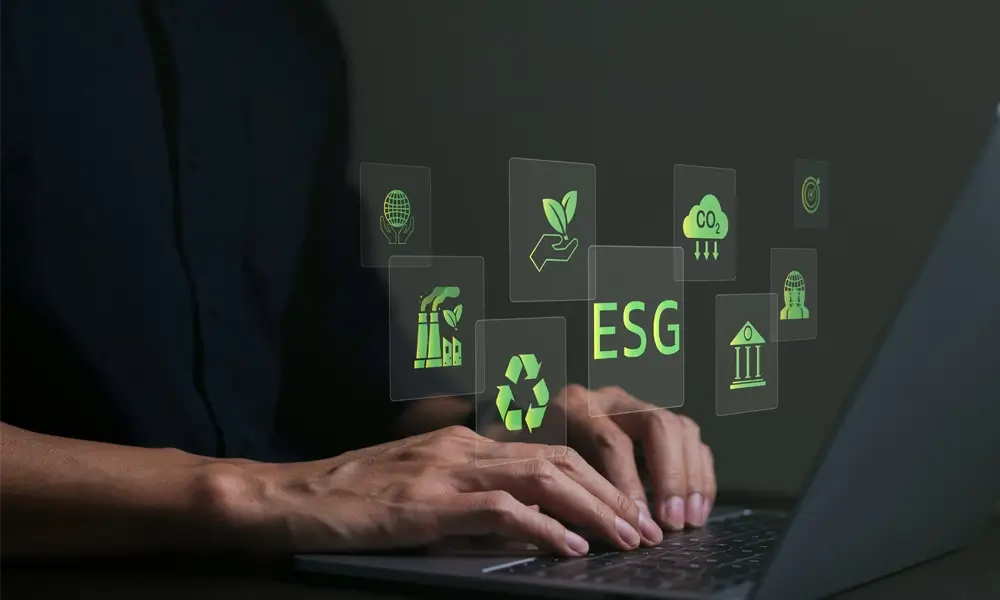Talking about sustainability in the corporate world ceased to be a strategic option to become a urgent need. In a scenario where the natural resources are in decline, the effects of climate change they already have a direct impact on business, and consumers are increasingly demanding about the ethical stance of brands, adopt sustainable practices it is a must for companies that want to remain competitive and relevant.

However, more than specific actions, corporate sustainability requires a transformation in business mentality. That means continuously and strategically integrate environmental, social and governance (ESG) criteria to the business model. It is necessary to rethink production processes, reduce waste, invest in renewable energy sources, guarantee fair working conditions throughout the production chain and promote ethical and transparent relationships with all the audiences involved.
By following this path, companies not only assume their social and environmental responsibility, but they also build solid and lasting value. Organizations that incorporate sustainable practices tend to strengthen their reputation, gain the trust of consumers and investors, and attract talent aligned with their values. In addition, by investing in innovative and efficient solutions, they also reduce operating costs and legal risks, becoming more resilient in the long term.
Being sustainable also means understanding the future implications of the decisions of the present. Truly responsible companies seek to promote development without compromising the well-being of future generations. For this, it is essential to go beyond the discourse, establishing clear goals, monitoring results and engaging leaders and teams around this common purpose.
It's critical to remember that no organization undertakes this journey alone. Building a more sustainable future depends on dialogue with society, of partnerships with conscious suppliers and the involvement in initiatives that generate a positive impact in the communities where the company operates.
Organizations that recognize this urgency and choose to act responsibly not only achieve a competitive advantage, but they become an active part of the transformation. They contribute to the construction of a fairer, more balanced and sustainable development model, who respects the planet, values people and understands the challenges of the time.
In an ever changing world, To be sustainable is to be relevant — and also to be an agent of a possible future.





